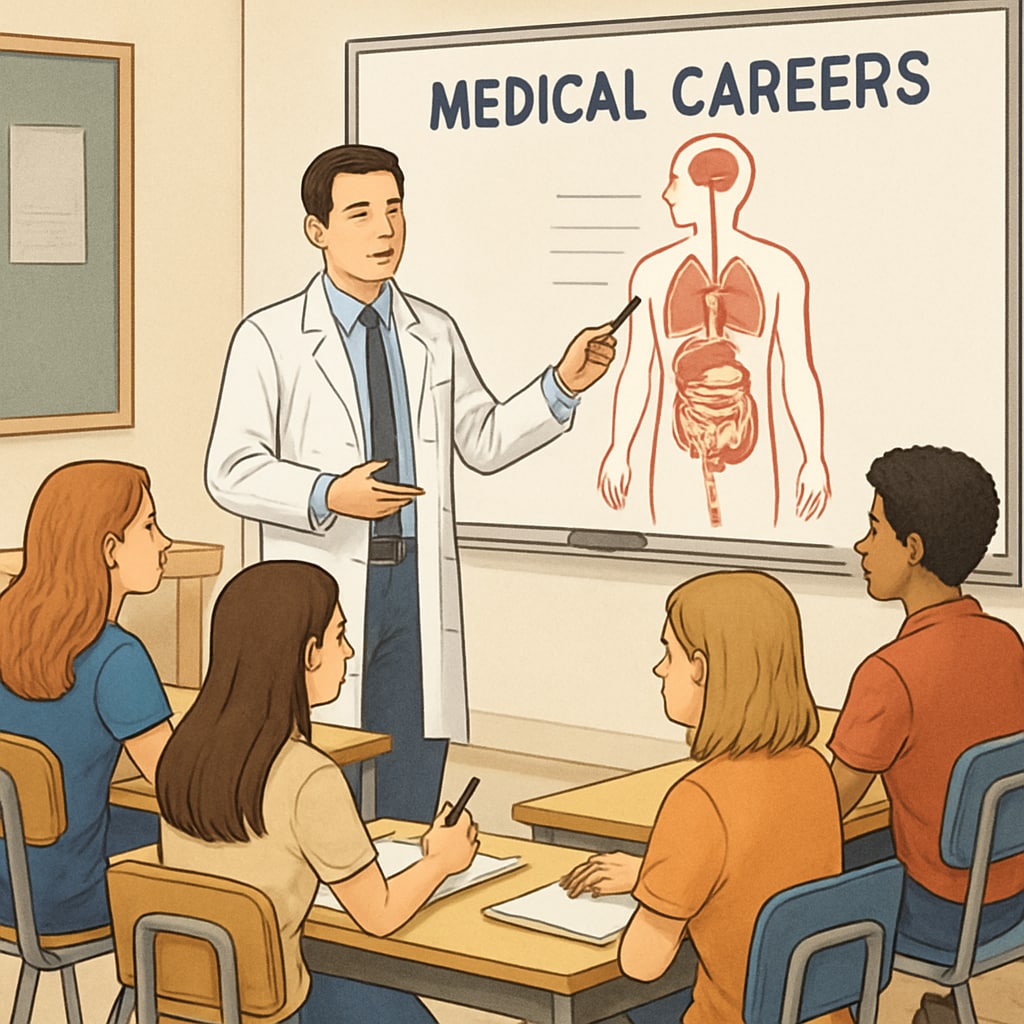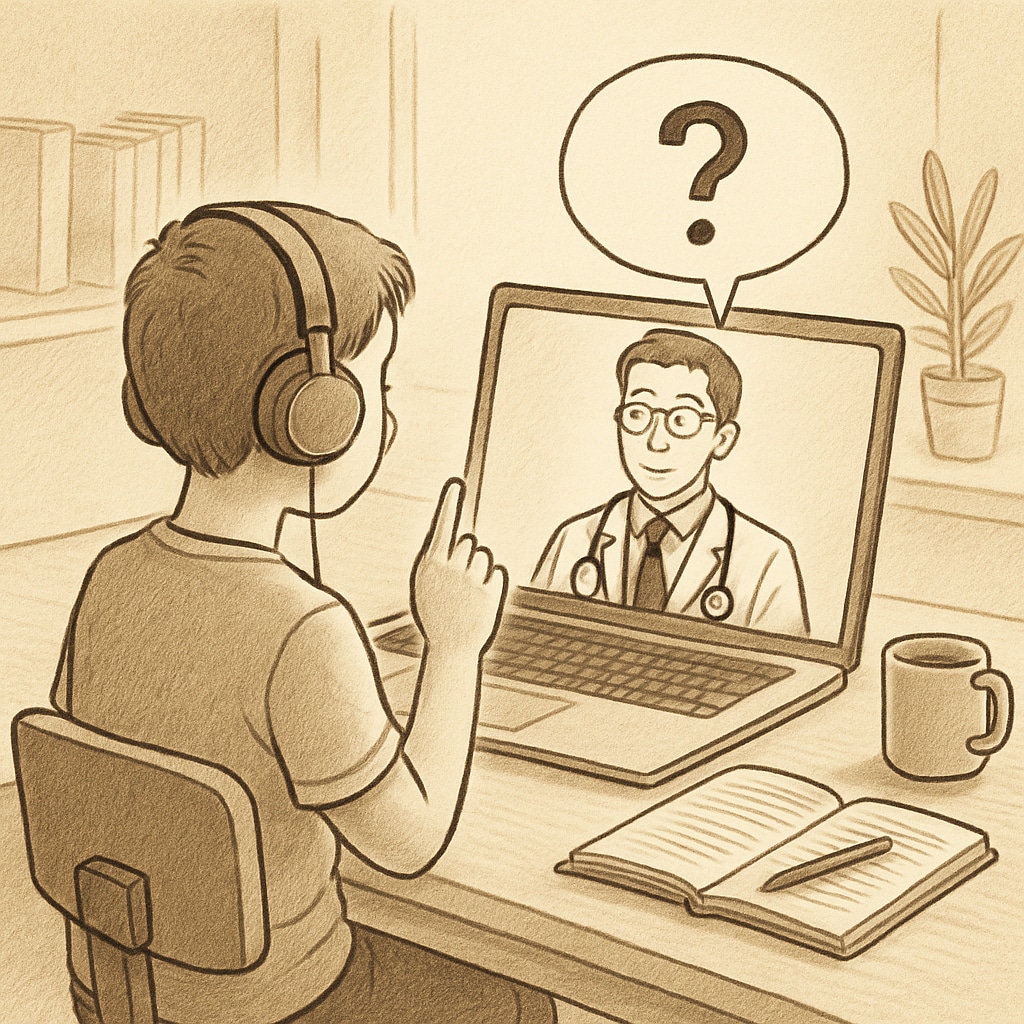Understanding the vast and rewarding world of medical careers can be a daunting task for young students. This is where innovative school projects, such as those connecting students with doctors, come into play. By fostering direct communication, these projects allow students to explore the realm of healthcare, providing essential career advice while nurturing critical thinking and communication skills. As a result, they lay the foundation for cultivating future medical professionals.
How School Projects Can Inspire a Passion for Medicine
With the growing demand for healthcare professionals worldwide, it is essential to inspire the next generation of medical workers. School projects that connect K12 students with practicing doctors create a platform for inspiration and exploration. These initiatives serve several purposes:
- Career Exploration: Students gain firsthand knowledge about medical professions, including the challenges and rewards involved.
- Skill Development: By asking questions and engaging with professionals, students enhance their critical thinking and communication skills.
- Informed Decision-Making: Exposure to real-world medical experiences aids students in making informed choices about their future education and career paths.
For example, a student curious about surgery might ask a surgeon about their daily routine, the skills required, or the challenges they face. This direct interaction provides insights that are rarely available in textbooks or online resources.

Designing Effective Medical Career Exploration Projects
To ensure the success of such programs, schools must carefully design projects that meet educational and developmental goals. Here are some key elements to consider:
- Collaboration with Healthcare Professionals: Establish partnerships with local hospitals, clinics, or medical schools to provide access to experienced doctors.
- Structured Interaction: Plan interactive sessions where students can ask pre-prepared questions or engage in discussions about various medical fields.
- Hands-On Activities: Incorporate activities such as virtual dissections, medical simulations, or guided tours of healthcare facilities to make the experience more engaging.
Such programs also benefit from the support of digital tools. For instance, virtual platforms can connect students with doctors from different parts of the world, offering a global perspective on medical career opportunities.

The Broader Impact on Students and the Healthcare Sector
Programs like these not only influence individual students but also contribute to the healthcare sector as a whole. By sparking interest in medicine at an early stage, these initiatives help address the global shortage of healthcare professionals. Moreover, they encourage diversity in medicine by reaching students from varied backgrounds and communities.
In addition, these projects promote a culture of lifelong learning. Students who participate are more likely to pursue further education in medicine or related fields, equipped with a better understanding of the dedication and knowledge required. They also develop soft skills, such as empathy and teamwork, which are invaluable in any profession.
As medical education evolves, integrating career exploration into K12 learning strategies will play a pivotal role in shaping the future workforce. For more insights into the importance of early career guidance, visit Britannica’s overview of medicine.
Conclusion: Empowering the Next Generation of Healthcare Leaders
School projects that connect students with medical professionals are transformative. They not only provide career advice but also equip young minds with the tools to navigate their futures confidently. As the healthcare industry continues to grow and evolve, such initiatives are vital in ensuring a steady pipeline of skilled and passionate professionals. By fostering curiosity, building skills, and broadening horizons, these projects empower students to dream big and work towards making those dreams a reality.
Incorporating medical career exploration into K12 education is not just a novel idea; it is a necessary step toward building a healthier, more informed world.


